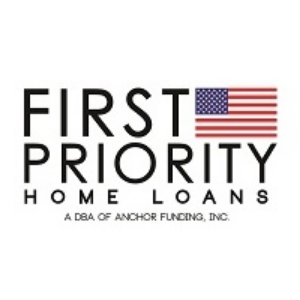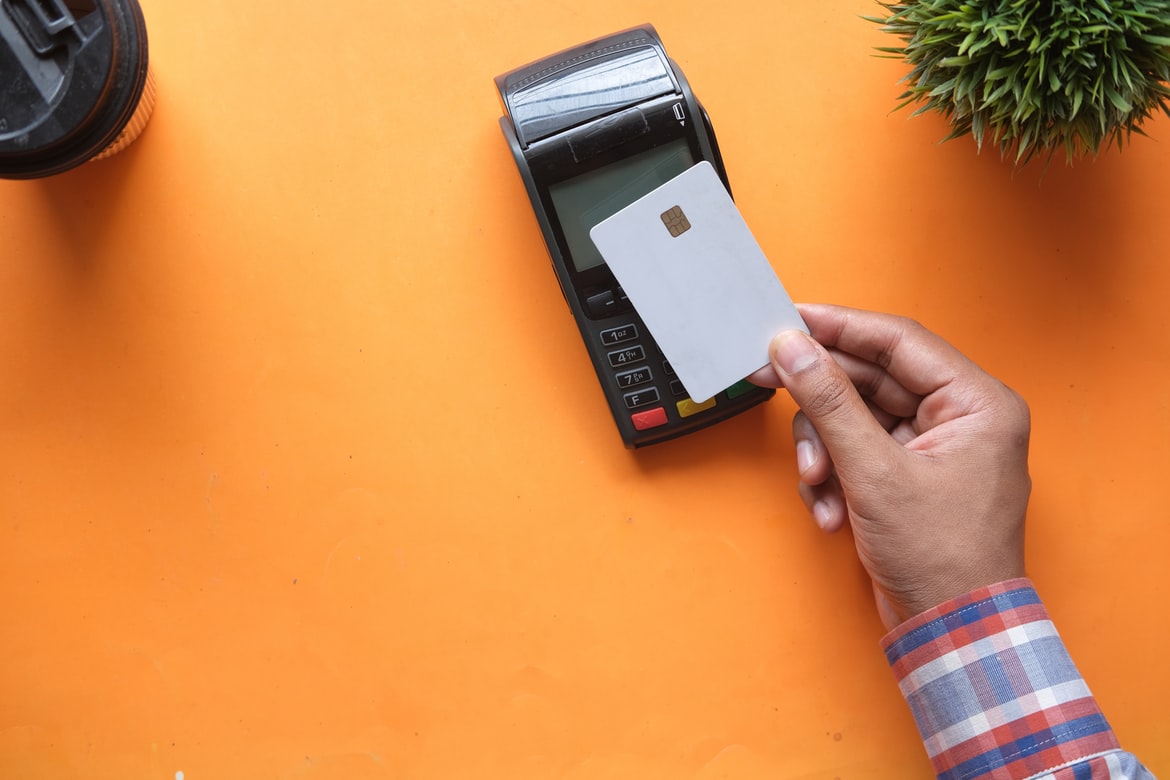
Oversharing can be as problematic as undersharing with your lender
___
Published Date 4/11/2024
When you hear the term “full disclosure” it may not lend itself to oversharing in the world of real estate and lending. Realtor’s Cathie Ericson says, “Being an open book is a great quality to exhibit to your BFF or significant other (well, usually), but it can get you into hot water with your lender when you’re trying to buy a home.”
No. She is not advocating in any way, shape, or form that you lie to your lender or withhold pertinent information when applying for financing. But some topics you get too open with can lead to a ton of extra paperwork and red flags that need not take place.
How does Ericson know this? She compiled a small list of things lenders told her they’ve heard throw a monkey wrench into a given approval. The first is raising questions about insurance, making the lender wonder if the house is in a high-risk zone for crime, flooding or earthquakes. Because of your concern, they must now place a different lens on the property. If your home is indeed in a designated flood hazard area, flood insurance is mandated by the Federal Emergency Management Agency. If it isn’t, no need to mention your concern about it.
Another is going on and on about how much work the property needs before you’ll move in. The typical home inspection report contains 20 to 50 pages containing every little nuance that needs to be fixed in a home. “It’s crucial information for you, but you’ll want to hold off on mentioning the contents of it to your lender,” says Ericson. It’s best to avoid any mention of what was found in the inspection as that info can be passed on to the appraiser and suddenly you’ll find yourself re-negotiating for money to be escrowed to make the repairs, which may well have the seller shrinking back from the deal.
During your sit-down with your lender, there also is no need to mention how your spouse doesn’t know about how much you spent on a big trip with your friends. “Please don’t tell my spouse what’s on my credit report” makes lenders cringe because they’re wondering just how much debt you have. That leads to other questions about what else you may be hiding. Bottom line? It will all be revealed soon enough. So make sure you both are aware of the other’s debts before sitting down for a pre-qualification or pre-approval.
While your down payment money may still be a work in progress, there is no need to spell out your plan for it. Any borrowed funds, gift funds, and increases in your LTV (loan to value) ratio mean there’s an increase in the chances of default, and that makes a lender squirm. Experts report that while fraud is the biggest risk in lending, down payment fraud is the second-highest kind after income fraud.
“Down payment fraud could comprise several things,” says Ericson. “Perhaps the borrower says it’s a gift but in reality it has to be repaid. Or the borrower got a loan to pay for it (which is a no-no). Or perhaps the buyer borrows the down payment from the seller and does a silent second mortgage to pay it back. Those are reasons lenders request a paper trail for any gifted funds.
If the gift monies used for your down payment originate from an immediate family member, he or she must provide copies of bank statements confirming the donor has the financial capacity to gift the funds. They must also sign a letter that states the money is a gift, not a loan.
Lastly, there is no need to mention side deals. If the hot tub is written into the contract, then you’re in the clear. “But if you’ve negotiated for something on the side with the seller, you’ll be in hot water—and we’re not talking about the kind with bubbles,” says Ericson, who adds that legally, buyers have to sign a document at the closing, which states that no money has exchanged hands between the buyer and seller outside the closing. Mention a side deal to your lender and it’s going to raise major red flags. “But don’t withhold the info, either—if you do and you’re found out, you could be charged with mortgage fraud, and that’s a felony. So whether it’s a lawn mower, flat-screen TV, or that sweet hot tub out back, make sure you disclose it in the contract.”
Realtor, TBWS
All information furnished has been forwarded to you and is provided by thetbwsgroup only for informational purposes. Forecasting shall be considered as events which may be expected but not guaranteed. Neither the forwarding party and/or company nor thetbwsgroup assume any responsibility to any person who relies on information or forecasting contained in this report and disclaims all liability in respect to decisions or actions, or lack thereof based on any or all of the contents of this report.
First
Priority Home Loans is a DBA of Anchor Funding, Inc. NMLS #236419 &
1626581. California
Bureau of Real Estate,
Real
Estate Broker Number 01276087. Loans made or arranged pursuant
to the
California Department of Business Oversight. California Finance Lenders Law
license number 603 L293.


Andre Enriques
Branch Manager/Mortgage Lender
NMLS: 220937
First Priority Home Loans
891 Kuhn Drive #204, Chula Vista CA
Company NMLS: 236419
Office: 619-323-2066
Cell: 619-208-6499
Email: andrefunds4u@sbcglobal.net

Andre Enriques
___
Branch Manager/Mortgage Lender
NMLS: 220937
Cell: 619-208-6499
Last articles
___

The chicken or the egg? Buy or build?
11/8/2024
The decision to buy or build a home has become increasingly complex in today's m... view more

Don't Pull a Clark Griswold: Your Guide to Christmas Light Success
11/7/2024
Unlike Clark Griswold's infamous 25,000-bulb holiday mishap...... view more

The Bank of England cut their key rate as was expected
11/7/2024
The Bank of England cut their interest rate by...... view more

Markets under heavy pressure as inflation worries increase
11/6/2024
Inflation fears running rampant this morning...... view more

Balancing deductible and premium: Always a crap shoot
11/5/2024
Insurance is simply termed as the mitigation of risk. True, you pay, and pay, an... view more

Housing Market Shift: Listings Soar to Pre-Pandemic Levels
11/4/2024
Even if home prices have not fallen, it might be good to know that you’ve got mo... view more

Three things that could impact rates this week
11/4/2024
These are the three areas that have the greatest ability to impact rates this we... view more

Doctor's kitchen warning soaks up controversy
11/1/2024
A medical professional's viral warning about a common kitchen item has sparked h... view more
Load more
 First Priority Home Loans
First Priority Home Loans







































